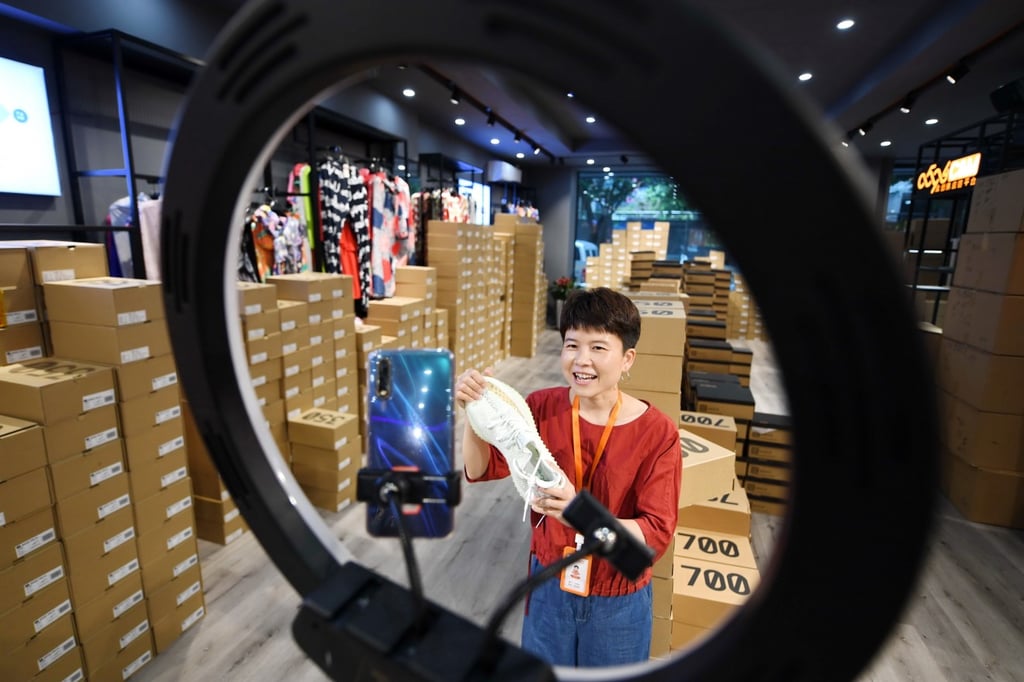Advertisement
Live-streaming sellers and blockchain engineers are officially jobs in China now
China has a new list of officially recognized jobs, adding to a list that included esports players and drone pilots last year
2-MIN READ2-MIN

This article originally appeared on ABACUS
Selling products through live streaming is now officially a job in China.
China’s Ministry of Human Resources and Social Security published a new report on Monday recognizing 10 new professions, many of which are related to new technologies. Newly recognized jobs include internet marketing specialists, blockchain engineers, blockchain application operators and online learning service specialists.
Live-streaming salesperson is one of multiple jobs included under internet marketing specialists, according to the ministry’s announcement.
Advertisement
Live-streaming ecommerce has seen rapid growth this year thanks to the coronavirus pandemic. Shoppers confined to their homes turned to live streams to experience products in an interactive and social way. The popularity of the format drew in a wide range of people, including a flamboyant tech founder and celebrities looking to cash in on the trend.

Advertisement
As the new list shows, blockchain is another valued technology in the country. Despite the country’s ban on initial coin offerings (ICOs) in 2017 and the government’s aversion to cryptocurrencies, Chinese President Xi Jinping has pushed for blockchain development in other areas. This has led to some strange applications of the technology, like tracking loyalty pledges to the Communist Party.
Advertisement
Select Voice
Select Speed
1.00x